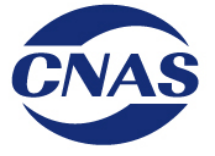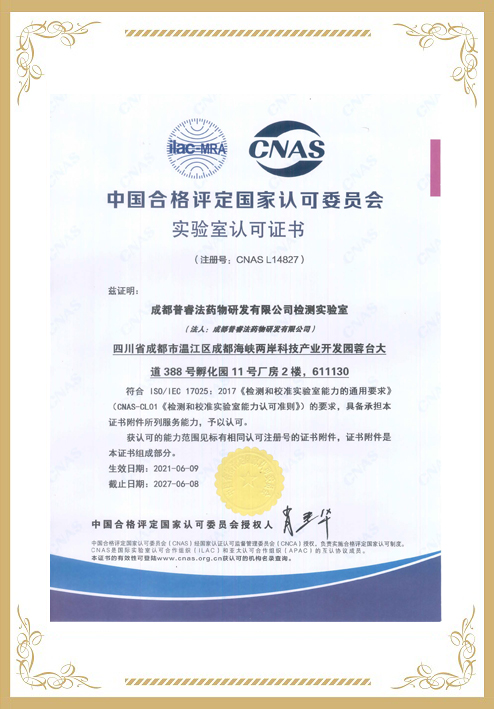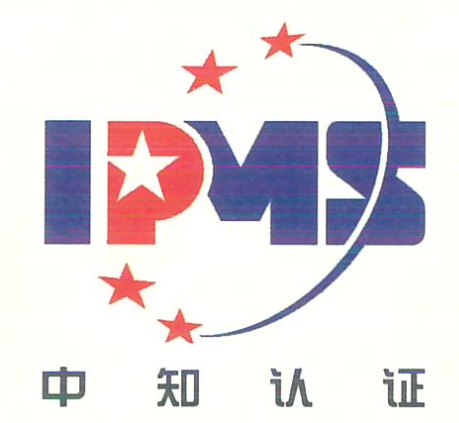Abstract
Repeated reflux of gastric acid and stomach contents into the esophagus leads to esophagus damage, including inflammation, ulcer, and hemorrhage in the epithelium. In this study, we aimed to demonstrate the ameliorating effects of geraniin, a phytochemical in the geraniums, on esophagus damage in an acute reflux esophagitis (RE) rat model. The inflammatory effects of geraniinwas measured by nitric oxide (NO) production and pro-inflammatory protein levels in lipopolysaccharide (LPS)-induced RAW 264.7 cells. To evaluate the protective effects of geraniin on damaged esophagus tissue in RE rats, the rats were divided into the following groups: normal control; RE-induced control; RE rats pretreated with geraniin 15 and 30 mg/kg body weight; and RE rats pretreated with ranitidine 30 mg/kg body weight as a positive control. The lesion area of esophagus was determined by the Image J program, and histological changes were examined by hematoxylin and eosin staining of rat esophageal tissue. The expression of pro-inflammatory proteins, cytokines, and tight junction proteins involved in esophagus damages was determined using western blotting of esophageal tissue. Geraniin revealed that anti-inflammatory effects against LPS-induced cells by significantly decreasing NO production and iNOS proteins level. Additionally, the results showed that improvement effects of geraniin on esophagus damages in RE induced rats. The expression of inflammatory proteins involved in nuclear factor NF-kB signaling pathways significantly decreased and tight junction protein (claudin-4 and claudin-5) was increased in esophageal tissue. We found the potential of geraniin as source of replacement therapy products source for inflammatory and reflux esophagitis disease.
… Materials and methods. Chemicals. Geraniin was purchased from Chengdu Biopurify Phytochemicals Ltd. (Chengdu, China). Dulbeco's modified eagle's media (DMEM), fetal bovine serum (FBS) and penicillin/streptomycin purchased (P/S) from Wel Gene (St …























